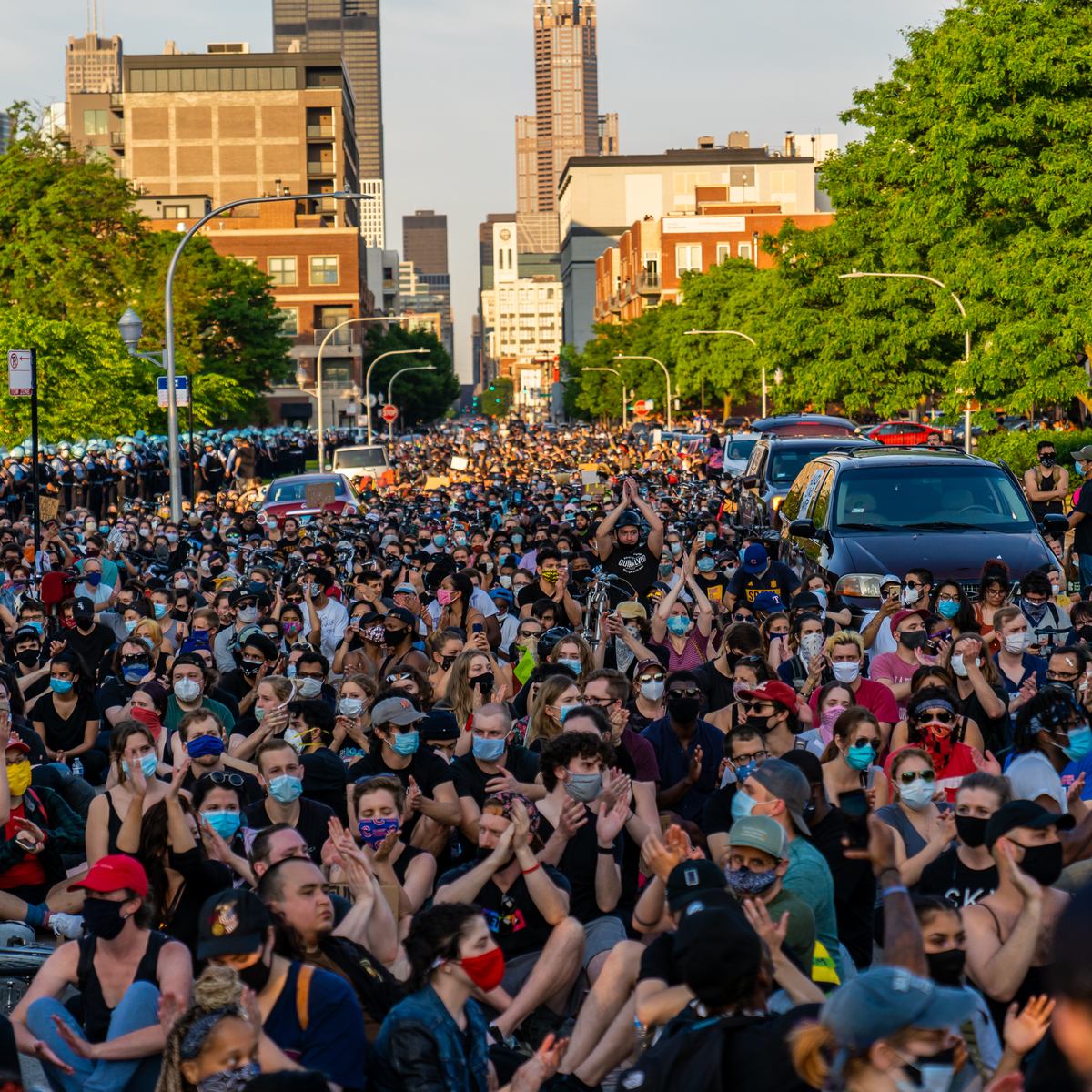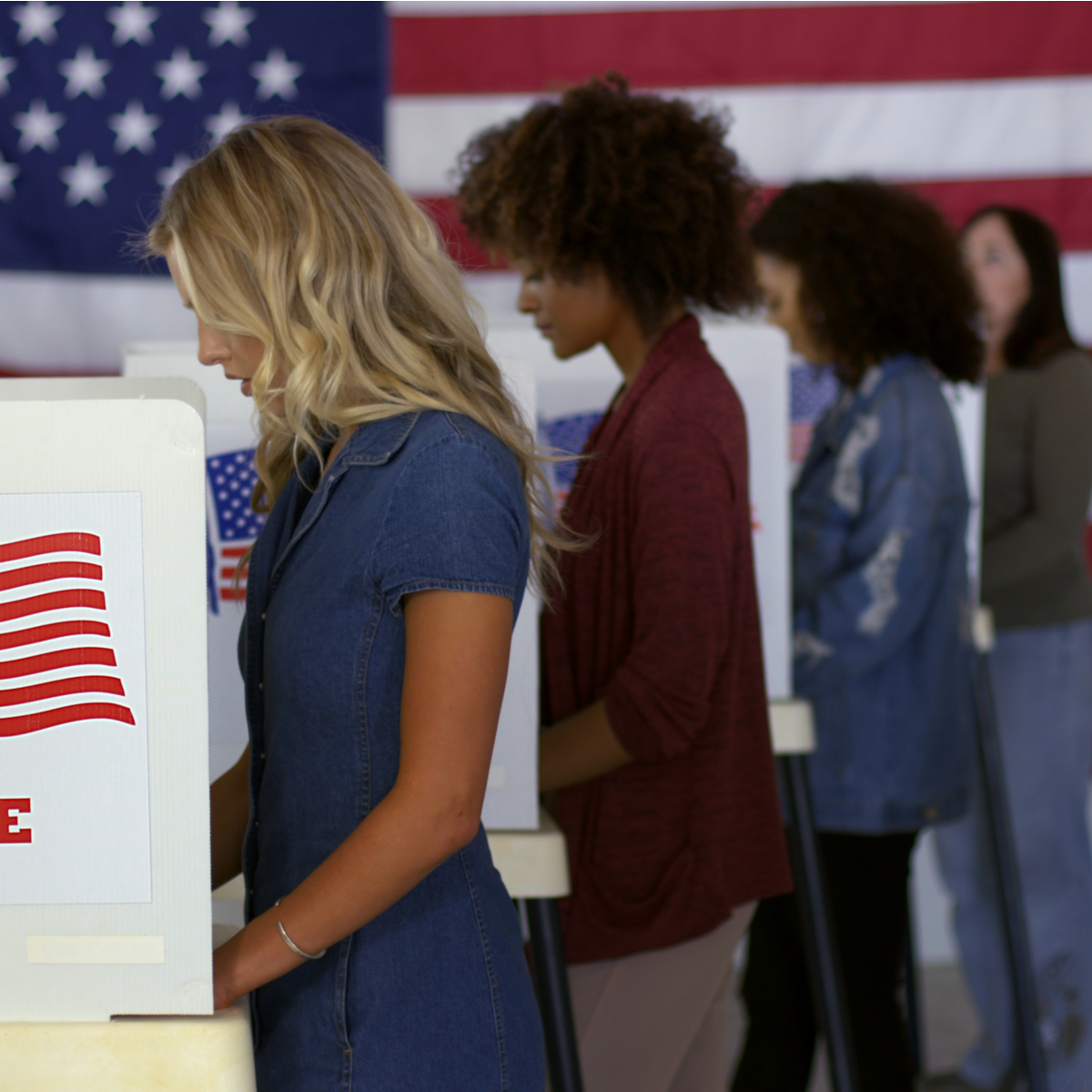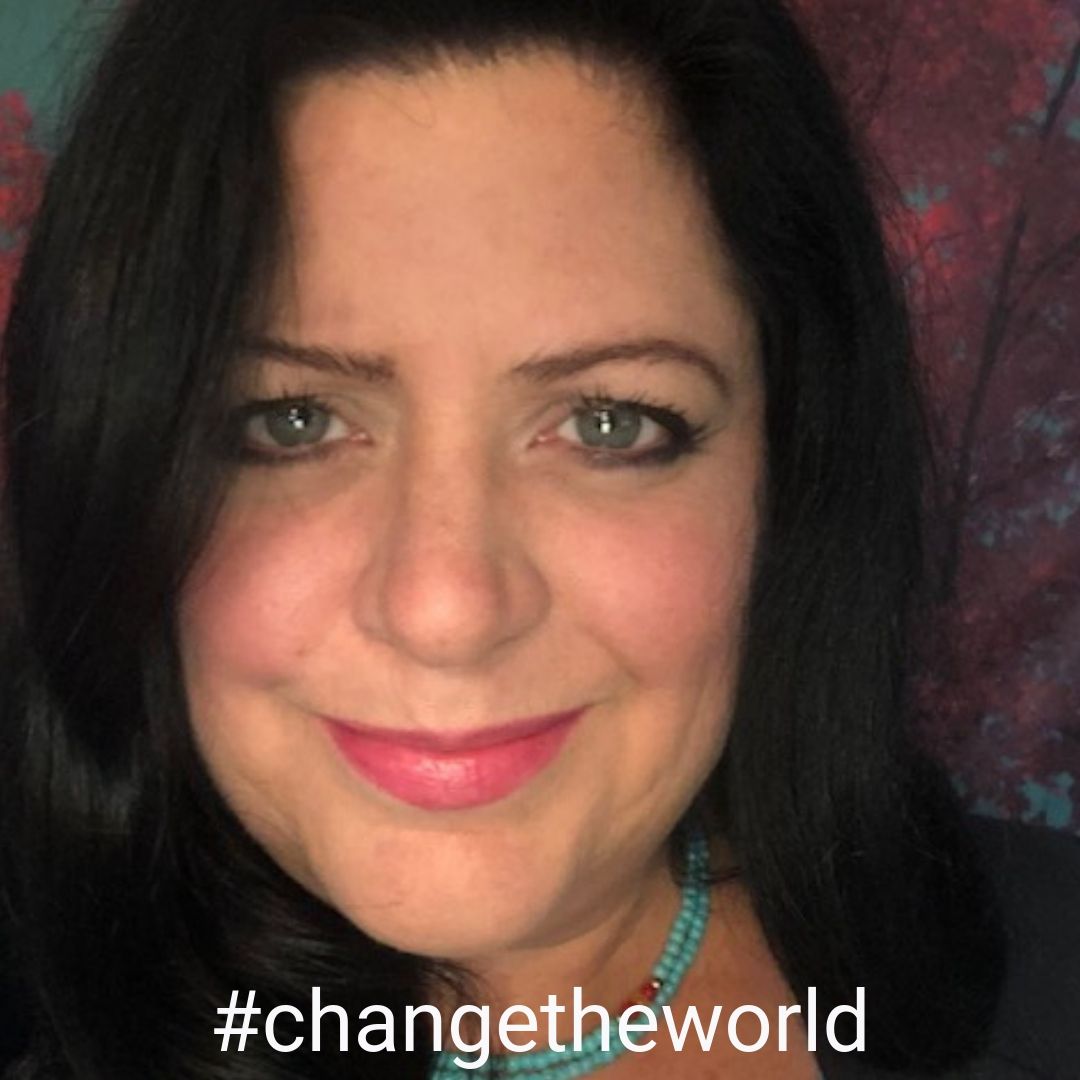Free speech and a diversity of ideas are founding principles of the United States of America.
Hate speech, inciting violence, and White supremacy are not.
I have many friends who have different political views than I do and enjoy sharing ideas and having philosophical debates with them, even when I might disagree. Right now though, there are some outliers causing problems for people of calm, moderate ideology on both sides.
Conspiracy theories are dangerous, for reasons we have all recently seen. While debating intellectual ideas is a good thing, allowing conspiracy theories to gain momentum and run wild is a recipe for disaster.

We all want to be heard. We all have many and varied reasons we like or dislike anything, including politics. Today’s politics seem to be getting severe, exclusionary, divisive, and even dangerous. I for one have been on the sad receiving end of extremely hostile, abusive, and racist comments over what I thought of as very neutral-to-a-tiny-bit-liberal posts on social media.

Does it make me not want to post anything that’s truly speaking my mind? Yes, actually, for a second, because I am a natural, “lover, not a fighter” personality. However, of course it won’t dissuade me. What makes me more nervous is upsetting people I know well.
Sure, you might say, “Maybe you’ll make some people mad, but who cares?”
Perhaps, but I’ll challenge you a bit there. Is it worth causing a chasm with people you otherwise and normally enjoy spending time with? It is worth ignoring the entirety of a person, based on political views? Is it worth losing relationships?
Now, I will definitely argue that extreme views (White supremacy leanings, for example) are a big exception. If I hear you say that you are against rights for people different than yourself, regardless of your “reasons,” we’re going to have a challenge, because human rights apply the same way to everyone. If you want different policies, we can talk all day. If you have views that ignore diversity, equity, and inclusion, then… yes, it might be worth causing a chasm because that is just not cool at all. It will break my heart a bit, though.

Right now, one group of misinformed people are causing a lot of terribly divisive problems. Sure, they want to be heard. But they are saying and listening to false things. And what they are angry about is much different than what many other protestors were recently angry about. Conspiracy theories are incorrect, and not based on facts. They are easily disproven from many sources. However, to conspiracy theorists, facts, unfortunately, don’t overrule feelings.

If you’re protesting real, provable things, it’s easier for people to listen. It’s also easier for the world to listen. A good question to ask about a rebellion is whether most of the world, as well as the United States, does not believe the rationale and can show why. It’s rare that only some people have true information.
Much of the world and the United States has been on the side of protesting other things, at other times. Much of the globe has supported some movements and welcomed some change.
What is the difference? Positive intent. Inclusion versus exclusion. Equity versus hierarchy. Inviting people in to be part of a social justice movement for equality vs. harkening to past days when many people were not treated equally. Reality vs. conspiracy theories. Purposeful change versus what looks like simple raw hatred.

Consider that if a large portion of the world appreciates and cheers a protest, it’s more likely a good thing. If much of the world is confused by and saddened by a protest, perhaps it’s too much chaos.


